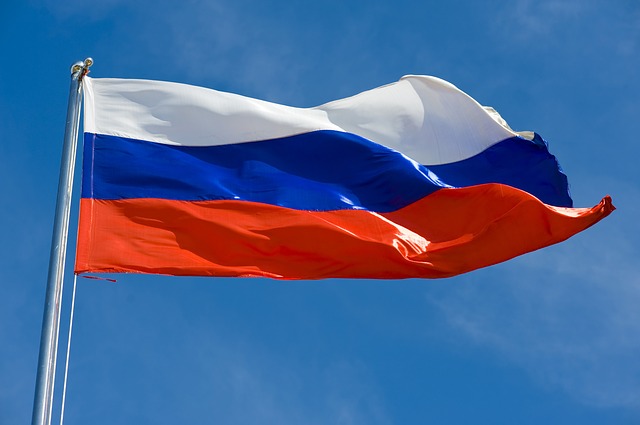Russia increasingly abusing anti-terrorism laws since Ukraine invasion

Russian abuses of ant-terrorism and anti-extremism legislation have escalated dramatically since the full-scale invasion of Ukraine nearly two years ago, according to Amnesty International.
A new eight-page briefing titled “Terrorising the dissent” shows how the Russian authorities have increasingly targeted dissenters and peaceful protesters under the guise of “national security”.
The Russian government maintains a “list of terrorists and extremists” which included 13,647 people as of December 2023, including 11,286 labelled as “terrorists”.
Inclusion in this list, which has no judicial oversight, leads to the freezing of bank accounts and restricts monthly spending to 10,000 roubles (around €100 or £85), which means those listed are confronted with significant challenges in maintaining even basic living standards.
Amnesty has highlighted the case of Aleksei Gorinov, a local councillor sentenced to seven years in prison for criticising the Russian government’s actions in Ukraine. Already in prison and serving his sentence, he was accused under a new terrorism-related charge for allegedly sharing his views on the war with his cellmate.
Writer Grigori Chkhartishvili, known by his pen name Boris Akunin, has been charged in absentia with “justifying terrorism” through unspecified public statements.
Hundreds of people have been convicted under “justification of terrorism” charges for merely discussing or expressing sympathy towards specific actions or entities arbitrarily designated as “terrorist” by the Russian authorities.
Following the full-scale invasion of Ukraine by Russia, expressions of sympathy for Ukraine — such as displaying contentment about its military successes or support for the Ukrainian military units consisting of Russian volunteers — became enough for such prosecutions.
In the first six months of 2023 alone, Russian courts also convicted 39 people of committing or planning terrorist attacks, more than in any entire year in the last decade
Many cases relate to people who protested against the war in Ukraine or military mobilisation by throwing Molotov cocktails at conscription centres and other official buildings. Amnesty says the designation of these acts as “terrorism”, where they did not pose a threat of serious injury, raises concerns that Russian authorities are abusing the charges.
No-one charged with terrorism-related offences in Russia has been acquitted since at least 2015, when statistics first became available.
Russia has expanded its anti-terrorism and anti-extremism laws, including through the 2006 criminalisation of “justification of terrorism” and the 2023 proposal to criminalise the “justification of extremism”.
Amnesty argues this blurs the lines between terrorism and extremism, neither of which are well defined in international law, and both of which are frequently weaponised to stifle dissent.
The late Aleksei Navalny’s NGO Anti-Corruption Foundation was designated as an “extremist organisation”, effectively criminalising one of the most vocal civil initiatives in Russia, it said.
People who have donated money to this and similar groups, taken part in them or shared their materials — even before their designation as extremist — are now at risk of criminal charges and long terms of imprisonment.
Oleg Kozlovsky, Amnesty’s Russia researcher, said: “The authorities have instrumentalised anti-terrorism and anti-extremism legislation as tools to stifle dissent and control public discourse in ways that are alarming and heartbreaking.
“The authorities are able to label individuals as ‘terrorists’ and ‘extremists’ and cut them off from financial services and basic income without even needing a court order.
“The psychological and emotional toll on individuals and their families is immeasurable, and the chilling effect on the entire Russian society is profound.
“We urge the international community to address these abuses in all relevant forums, advocating for the rights of those unjustly targeted, and to take these practices into account when dealing with Russian counterparts, including in counter-terrorism initiatives.”








